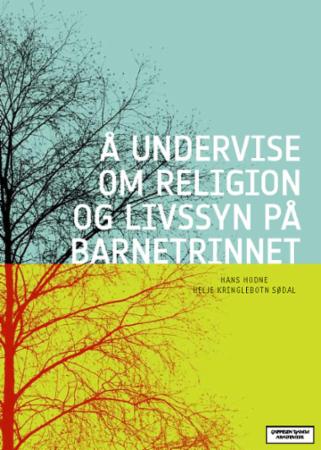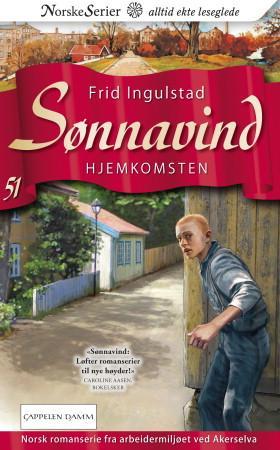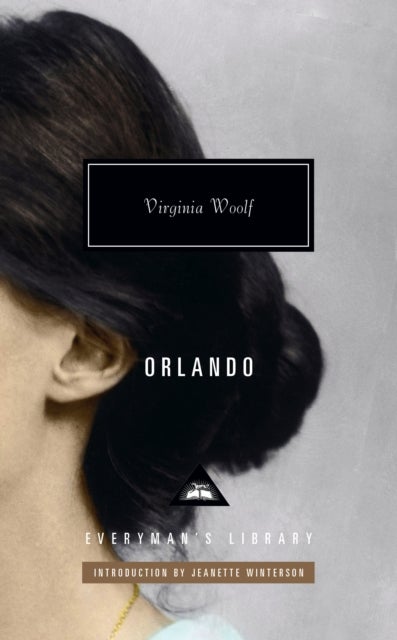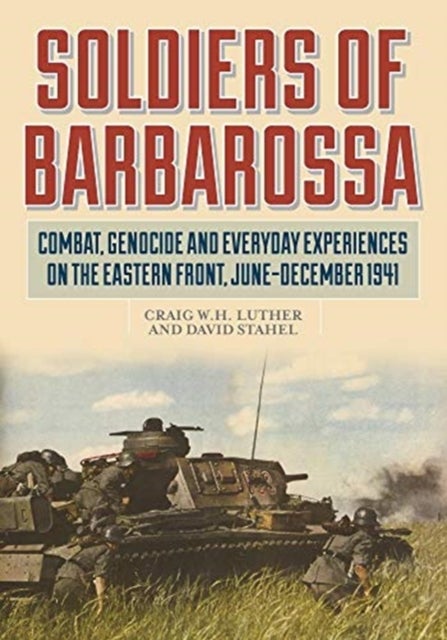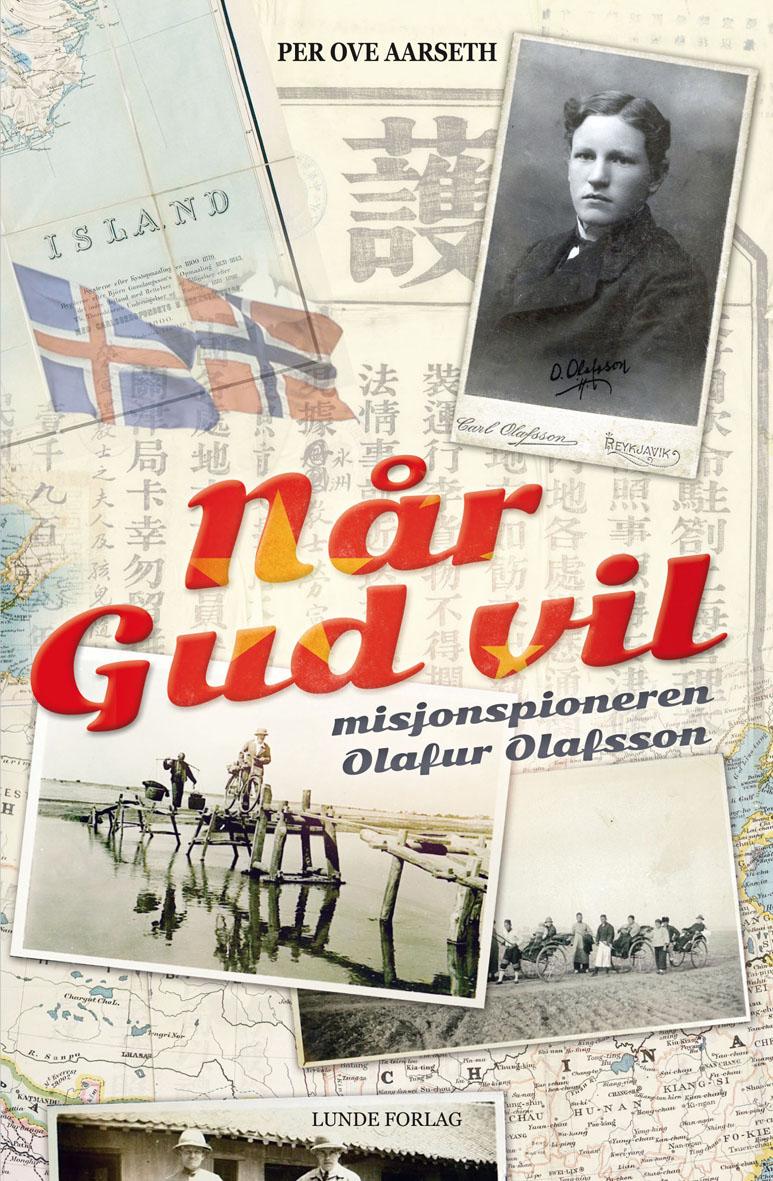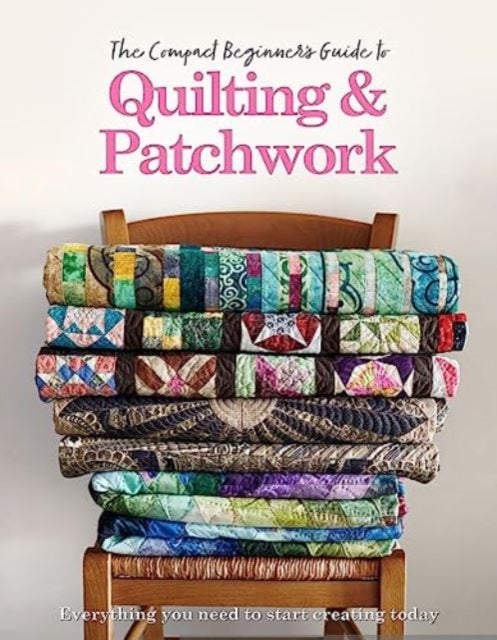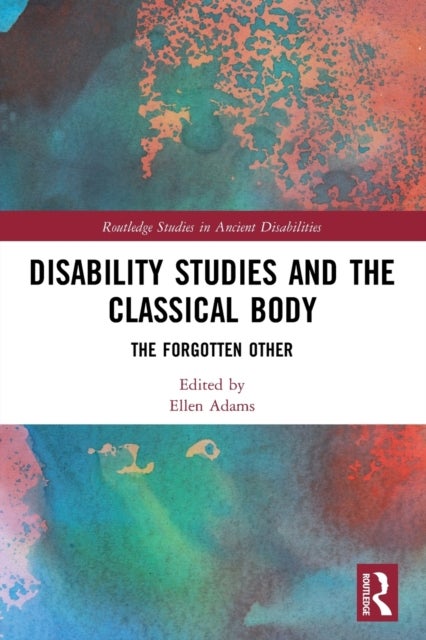
Disability Studies and the Classical Body
529,-
<P>By triangulating the Greco-Roman world, classical reception, and disability studies, this book presents a range of approaches that reassess and reimagine traditional themes, from the narrative voice to sensory studies.</P><P>It argues that disability and disabled people are the ¿forgotten other¿ of not just Classics, but also the Humanities more widely. Beyond the moral merits of rectifying this neglect, this book also provides a series of approaches and case studies that demonstrate the intellectual value of engaging with disability studies as classicists and exploring the classical legacy in the medical humanities. The book is presented in four parts: ¿Communicating and controlling impairment, illness and pain¿; ¿Using, creating and showcasing disability supports and services¿; ¿Real bodies and retrieving senses: disability in the ritual record¿; and ¿Classical reception as the gateway between Classics and disability studies¿. Chapters by scholars from different academic


